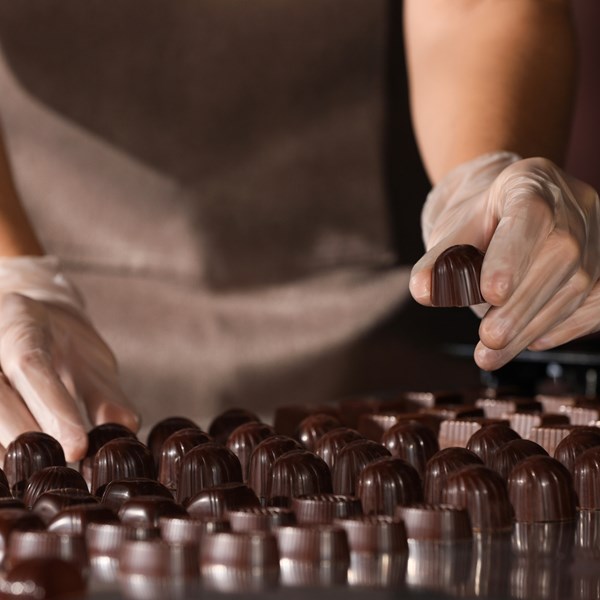A decision on 7 March 2024 from Miljø - og Fødevareklagenævnet in Denmark has finally given us some long-desired guidance to the producers of sweet rum on how to market and label their products.
In April 2019, the EU adopted a new regulation ((EU) 2019/787) on the definition, description, presentation and labelling of spirits, which repealed the previous regulation (EC) No 110/2008. The primary intention behind the regulation was to increase transparency in the market in general and to help ensure a high level of consumer protection in the market.
The Regulation elaborated and clarified several provisions of (EC) No 110/2008. It also introduced a new paradigm for some categories of spirits, including the ‘rum’ category, for which the Regulation introduced a maximum limit of 20 grams of sugar equivalents per litre, corresponding to 2% sugar in the final product.
HOW DOES REGULATION (EU) 2019/787 IMPACT THE MARKETING AND LABELLING OF SWEET RUMS?
It is well known that several very popular rum brands among consumers are so-called ‘sweet rums’, i.e. those with a sugar content exceeding 2%.
The producers of these rums have been left in a dilemma by the new Regulation. Should they risk losing the customers enjoying their products because of the products good taste by altering the recipe to adhere to the new Regulation? Or should they stop marketing their products as rum?
The Regulation and supporting guidance do not offer much advice on alternatives to inform the consumers of the contents of the bottles previously rightfully marketed as ‘rum’.
Before April 2019 we advised one of our clients that in order to be compliant one way forward would be to label their products a “superior spirit drink”. This is the proper category according to the Regulation although you should also add “made from premium matured rum” to inform the consumer of the base and taste of the product.
In early November 2023, Fødevarestyrelsen (the Danish Veterinary and Food Administration) issued an injunction against the use of the description “superior spirit drink made from premium matured rum”.
We appealed this before Miljø- og Fødevareklagenævnet (The Environmental and Food Complaints Board). In their decision of the 7th March 2024, the Appeal Board has decided that the use of the description “superior spirit drink made from premium matured rum” doesn’t infringe on article 11, sec.1, litra a, of the Regulation.
The Appeal Board went on to say:
“… in the Board's view, the term is therefore not covered by the definition of a compound term in the sense of the Spirits Regulation. During the assessment, the Board has been aware of example #22 in the Commission's announcement, according to which, among other things, the term "whiskey-based spirit" is a prohibited compound term. However, the board considers that the Spirits Regulation's clear definition of a compound term cannot be overridden by an example of a compound term that goes directly against this wording.”
Although this is a Danish decision, it does provide some clear guidance on the labelling of sweet rums for the EU marketplace.
Navigating the complex regulatory and compliance framework surrounding the marketing and labelling of food and drink products within the EU and UK is a particular specialism of the food and drink experts in our dedicated FMCG team. If you want to discuss the legal aspects of marketing a new product, please contact us today.
If you would like to find out more about how to define, describe, present, and label a spirit within the EU these links may be useful:






